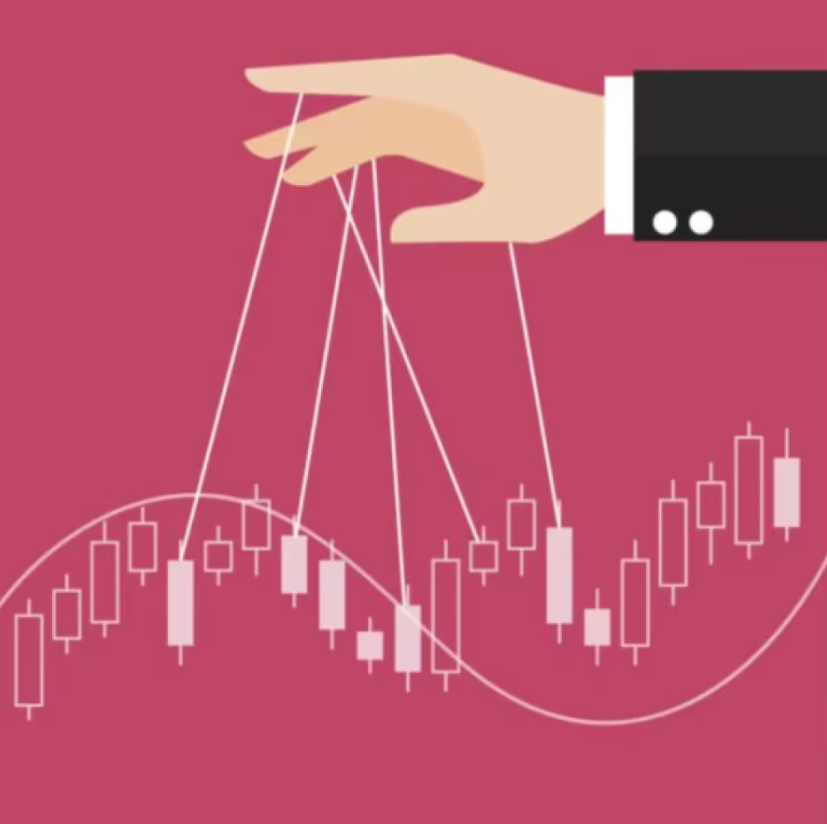
One of the key factors sustaining China’s economic development over the past four decades was China’s ability to maintain a delicate balance between top-down state direction and bottom-up entrepreneurship. Some of these bottom-up forces were also driven by innovative local government officials who promoted the accumulation of private capital and the growth of market forces.
Around 2015, this balance began to decidedly shift in favor of state direction, control and regulation. While some of this push was overdue and necessary, it arguably went too far. The crackdown on the property sector, for example, created a whole host of new problems with few winners.
The culmination of statist control was undoubtedly China’s zero Covid policy. It not only disrupted the lives of citizens, but also directly inserted the state into every single instance of economic decision-making. When zero Covid was abandoned in a stunning about-turn in early December 2022, the end of extreme statism also came to a close. What comes next?
Early indications do not make a trend, but the shift in China’s political economy appears to be going further than just lifting pandemic controls and returning economic life to a more normal state. Signs abound of a more fundamental pivot that attempts to find a new balance between private entrepreneurial forces and state influence.
The Central Economic Work Conference in December 2022 set the tone. It painted a pro-economic growth agenda with special emphasis on reviving consumption and establishing a benign business environment that can again attract foreign direct investment. Perhaps most significantly, the Conference pledged unwavering support for China’s private sector to boost the economy, noting how the fast-growing private sector plays a big role in creating new jobs, promoting technological innovations and stabilizing economic growth.
This change in tone was followed up by various policy pronouncements over past weeks. These include more supports for the beleaguered real estate sector and its heavily indebted large private players. Various provisions have been announced that should allow systemically important players to gain access to financing. For example, China's securities regulator announced measures in late November that will allow property developers to sell shares to raise funds, lifting a long-standing ban on equity sales by developers.
And in early January the government resumed approvals for private equity funds to raise money for residential property developments, adding another avenue that will channel funds into the sector. Taken together, these measures are impressive, but perhaps still not enough to revive real estate construction and sales. Over the next few months, confidence is likely to increase in the fortunes of the large private developers in China as their stock and bond prices recover.
A similar situation as with troubled real estate developers appears to be occurring with regard to China’s large technology platforms. This shift has been in the making for several months, with policies rolled out to support Big Tech’s innovation and globalization capabilities. But the recent approval of Ant Financials’ fundraising plan is boosting optimism for the whole internet sector. Ant Financial was the company initially in the crosshairs of regulators as the tech clampdown began in late 2020, culminating in the shelving of its giant initial public offering. Many investors thus were surprised when its plans to raise 10.5 billion yuan (US$1.5 billion) for its consumer unit were recently green lighted. Symbolically, many saw this as denoting the end of the tech crackdown.
Added on to the presumable shift in regulatory stances is a remarkable shift in tone vis-à-vis the West, especially the United States. Incoming Foreign Minister Qin Gang offered effusive praise, noting how “deeply impressed” he was with Americans during his time in Washington. To what extent this more positive approach can prevail in relations with the United States will be evident when U.S. Secretary of State, Anthony Blinken, visits China in early 2023.
Perhaps the most significant shift in Beijing’s politico-economic stance occurred somewhat out of the limelight. On January 4, 2023, Beijing announced that it will be pausing the massive investments it has been making to build up its domestic chip industry to compete with the United States. An official reason given was the toll the nationwide Covid pandemic has taken on government finances. However, the shift could be more fundamental than tactical. Many officials have grown wary of the capital investment-heavy approach, even though it worked well in propelling Chinese manufacturing over past decades.
Initiated in 2014, the chip investment fund has poured scours of subsidies into the chip making industry but has so far borne little fruit. It has created both massive opportunities for graft and an American backlash resulting in some of the toughest technology sanctions.
It is still early days, but a significant shift seems to be in the offing. This shift implies a move away from government-heavy investment and direction that has not yielded good results. The search is on for alternative ways to assist homegrown chipmakers. These include more market-friendly and nimble policies focused on encouraging private sector innovation and initiative.
The shift further underscores how the economic downturn created by zero Covid is taxing Beijing’s statist economic philosophy. The chip fund stood at the forefront of President Xi Jinping’s ambitions to rival the United States technologically and create a domestic eco-system of chip innovation. Going back to the drawing board to foster a new approach, one that presumably will be less statist and more driven by private sector ambitions, could mark a fundamental pivot in Beijing’s politico-economic philosophy.
The increasing trend towards more state direction and control, so evident in past years, might be drawing to an end. In its place, a more balanced power relationship between private and state forces could be forged, harking back to China’s first three and a half decades of reform and opening. Beijing policymakers clearly seem in search of a new politico-economic model to sustain Chinese growth and innovation in the 2020s.
